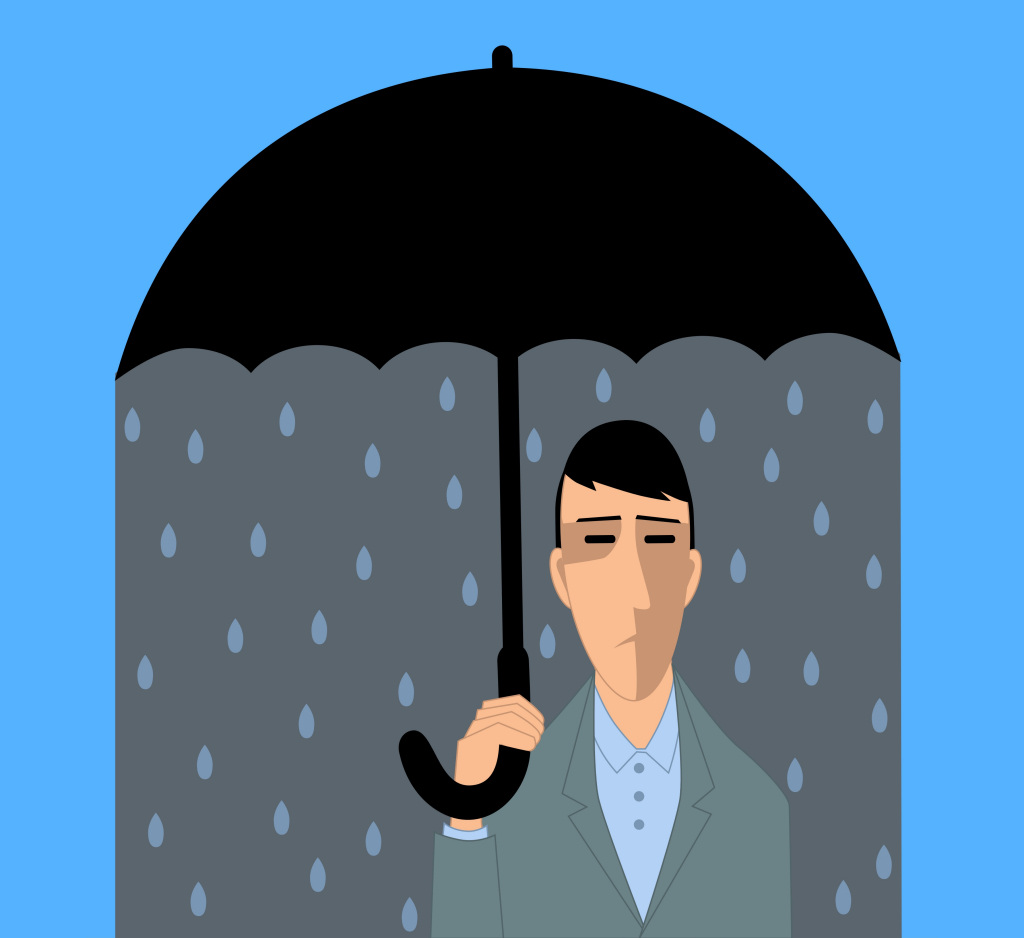I am interested in working with people who are struggling with depression and are experiencing a profound sense of loneliness and despair, including a loss of enjoyment and pleasure so severe that it can even lead to suicidal thoughts.
Depression is a dark cloud that rains hopelessness and helplessness nonstop. Research has shown that people with depression have impaired physical, social, and work functioning. When we are depressed, we do less, go out less, interact with people less, think less, and feel less. Other signs we may be dealing with depression include decrease or increase in appetite, insomnia, fatigue, irritability, feeling worthless or inappropriate and excessive guilt, and decreased concentration.
Emotional pain, like physical pain, cannot be managed alone. I combine different treatment approaches. In our sessions, you will learn how to identify and change unhealthy thought patterns and destructive behaviors.

Often, people with depression experience distressing thoughts that spiral out of control. One mistake, setback, or negative feeling can lead to catastrophic thoughts and feelings that may result in isolation, substance use, or suicidal thoughts. I will teach you how to interrupt those thought spirals and negative thought patterns.
I will be curious about the psychological roots of your emotional suffering, as early childhood problems, family instability, or traumatic events may have planted the seeds of your current suffering. You will also develop lifestyle changes (physical activity, sleep habits, nutrition, mindfulness) that can help resolve depression.
I have also trained in the Collaborative Assessment and Management of Suicidality (CAMS), a therapeutic framework for suicide-specific assessment and treatment of suicidal risk. Beyond merely assessing suicidal risk, CAMS is a proven clinical intervention that reliably and effectively treats patient-defined suicidal drivers while leading to reductions in symptom distress, depression, and hopelessness.
